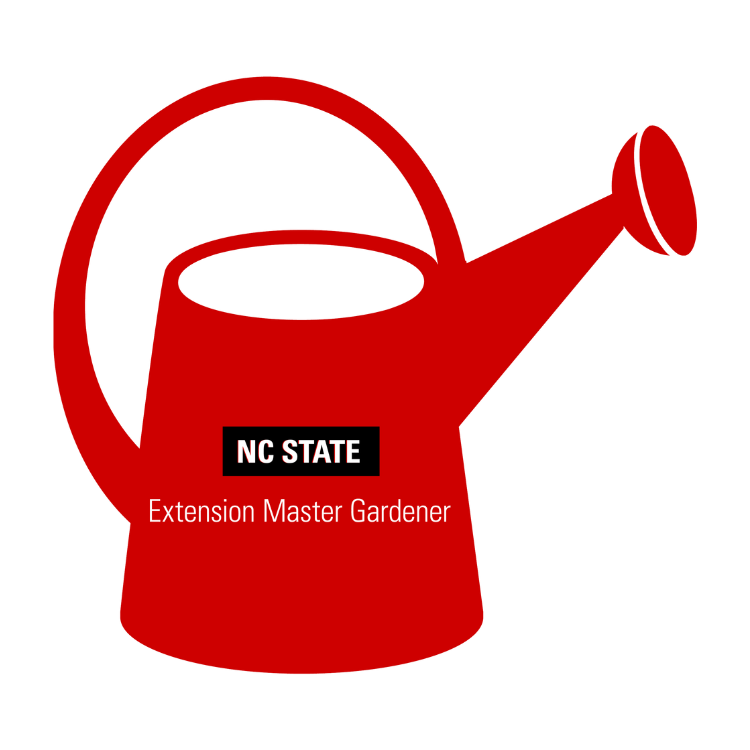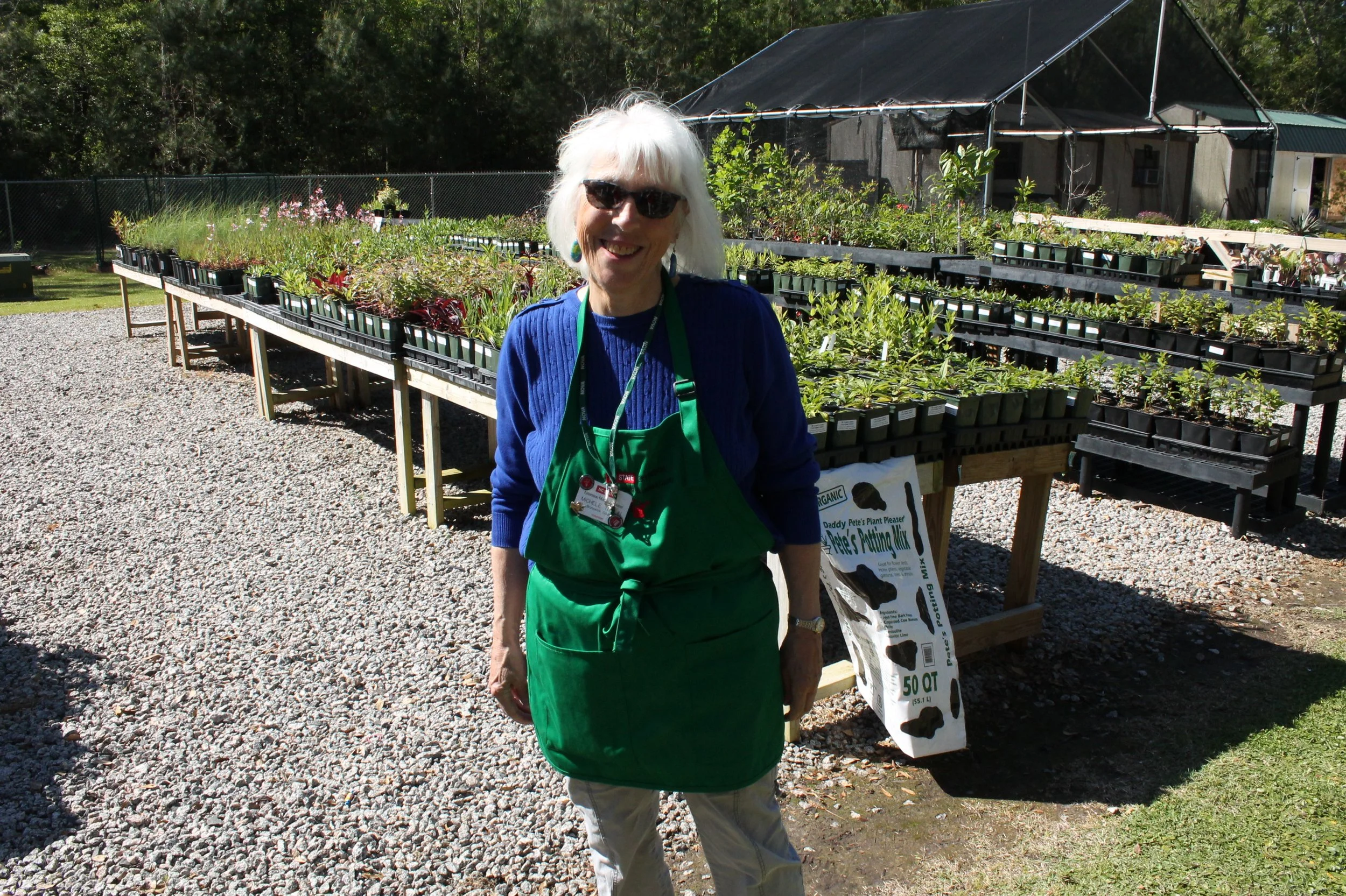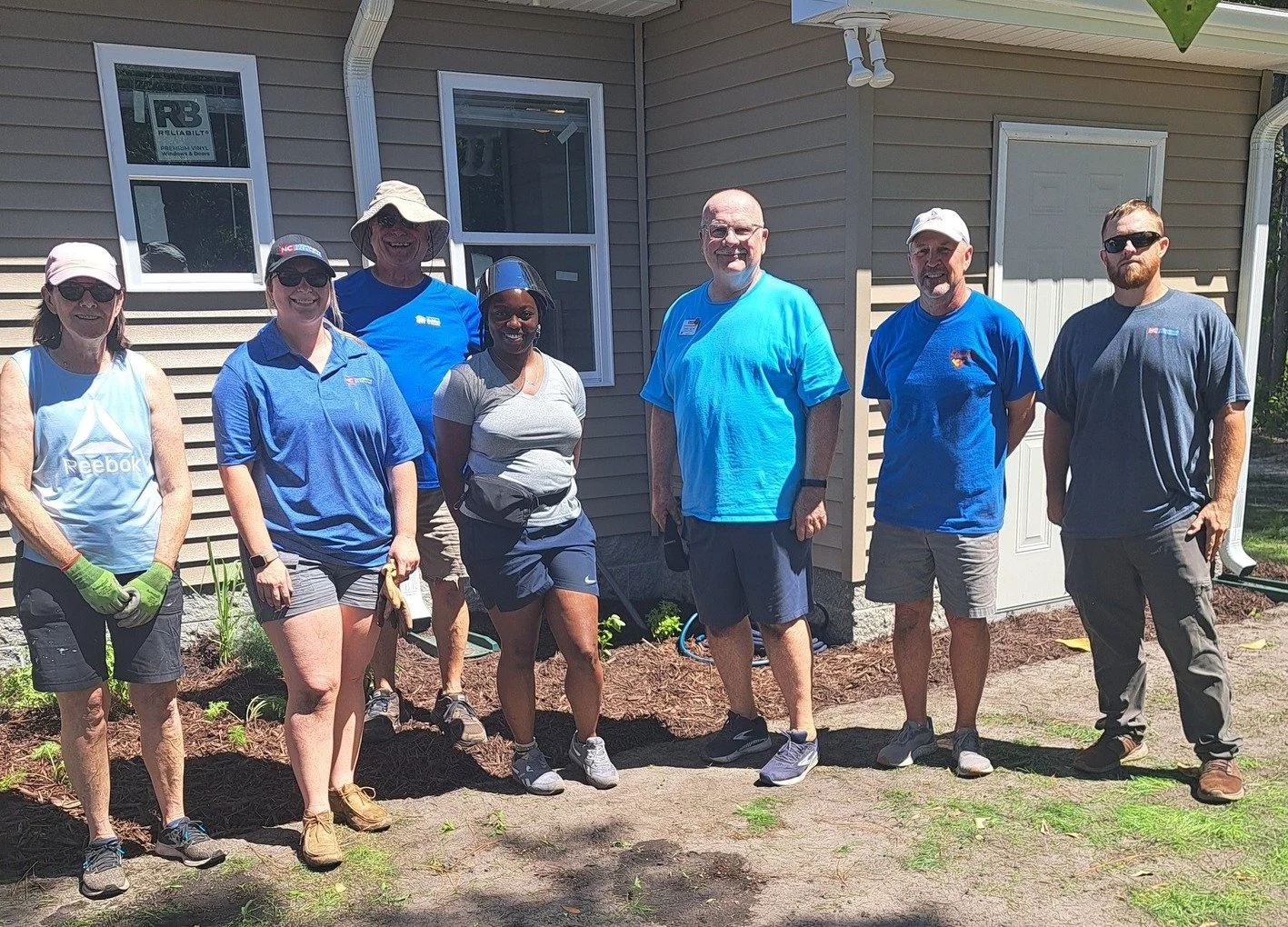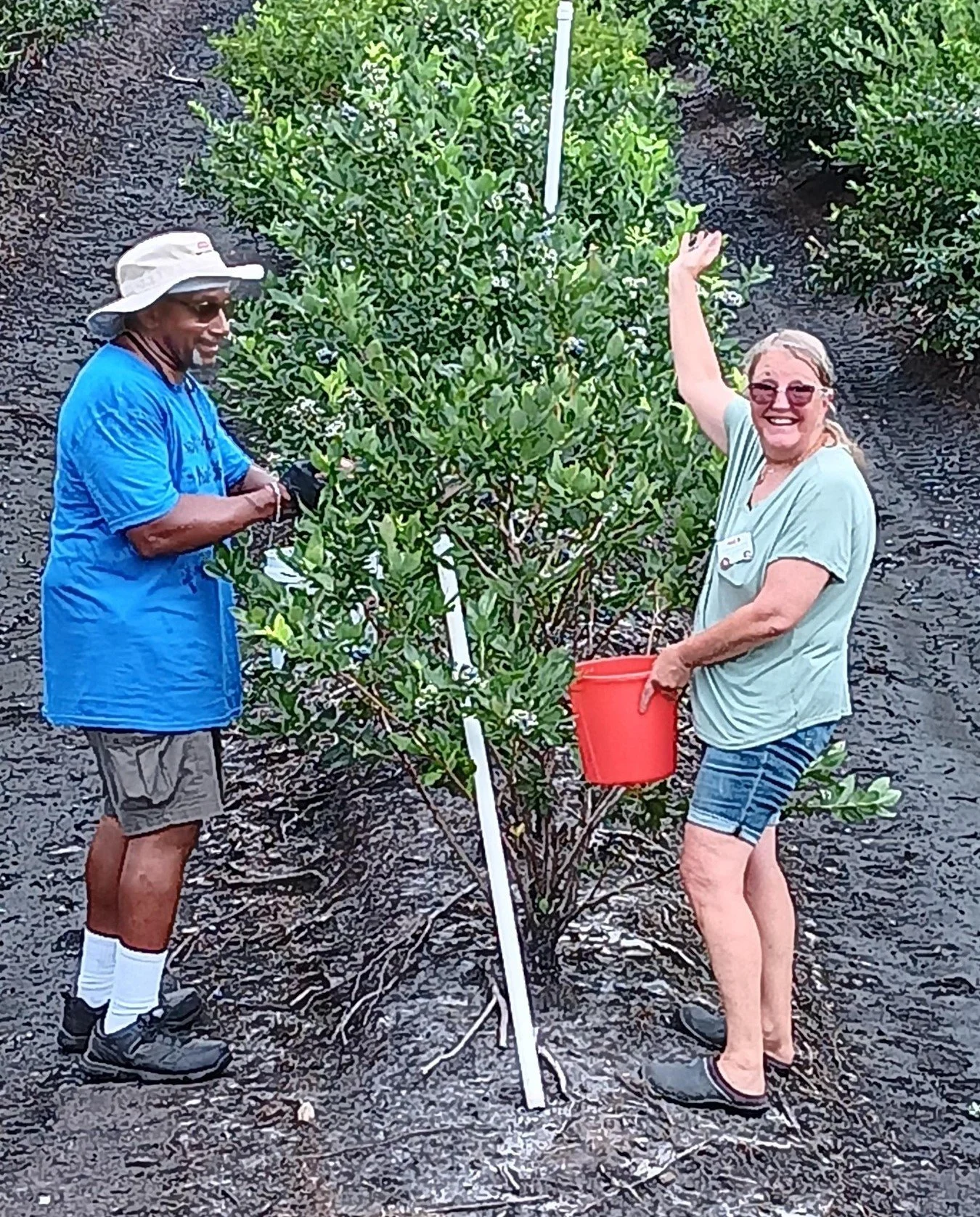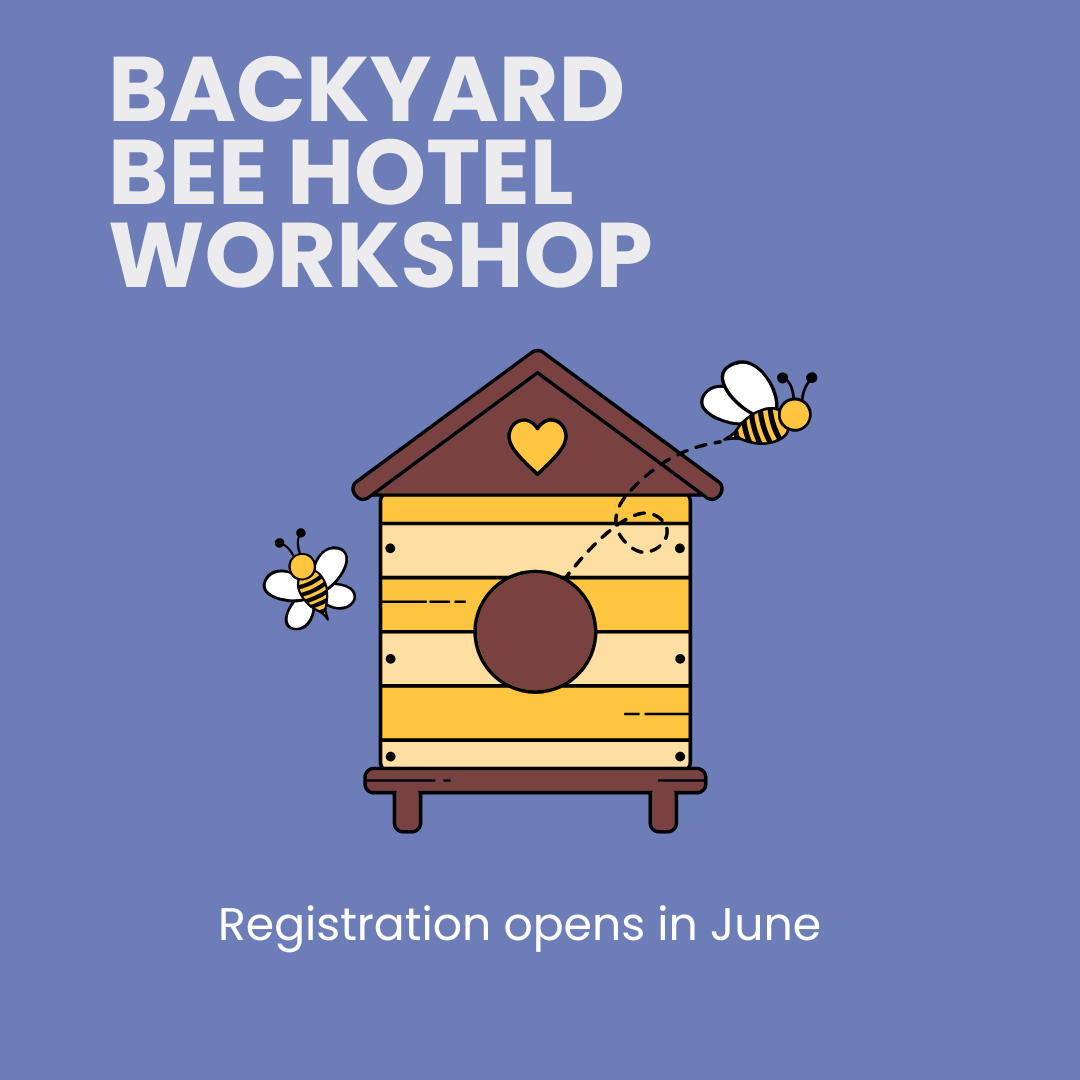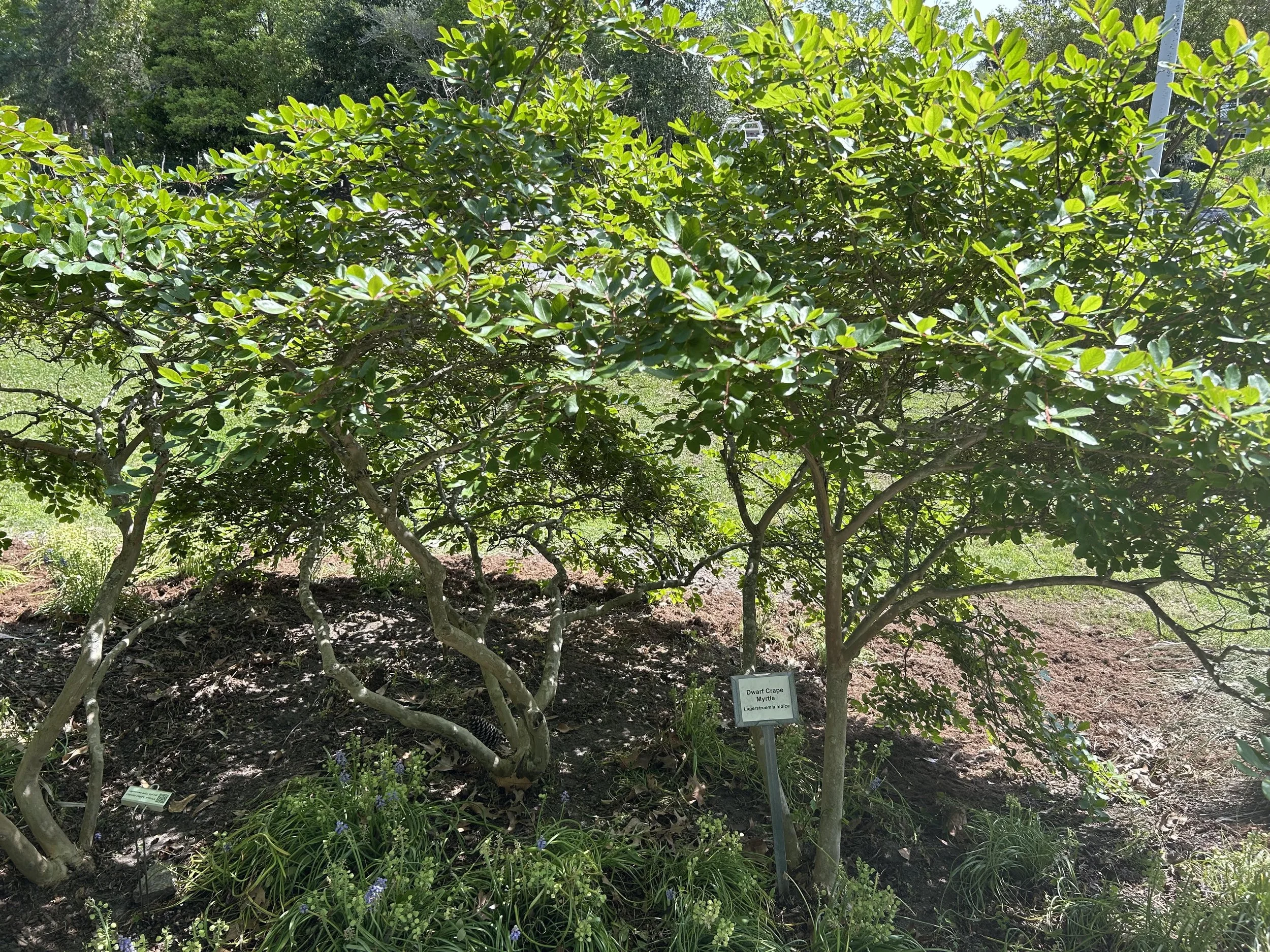
Our Story
description
Who are we?
description
Meet the Board
President: Kathleen Boggess
Vice President: Patricia Petrella
Treasurer: Barbara Dearry
Recording Secretary: Jeanette Whalen-Simpko
Botanical Garden Chair: Joanne Peck
Botanical Garden Vice-Chair: David Kirk
possibly also list key committees and task forces?
Key Activities
Should each of these have its own page as a drop down in the Our Story? Maybe use the Volunteer Categories?
Demonstration Garden
Plant Sales and public workshops
Ask a EMG
Habitat for Humanity
Educational Opportunities like Field Trip Fridays, Plants Pathogens, Monthly Educational Sessions
Become a Master Gardener
So you want to become an Extension Master Gardener SM Volunteer?
The Extension Master Gardener SM Volunteers of Brunswick County are dedicated to facilitating excellence in volunteers through education, life-long learning, and professionalism of coordinators and volunteers.
Extension Master Gardeners make a difference:
Learning horticulture science
Teaching sustainable gardening
Sharing a gardening passion with the community
Empowering extension clients to address landscaping and gardening challenges
Practicing environmental responsibility
Protecting water quality
Reducing fertilizer and pesticide pollutants
For more detailed information on the Master Gardener Training Class, follow this link: Extension Master Gardener℠ Volunteers | North Carolina Cooperative Extension (ncsu.edu)
Join Brunswick County residents who serve as Extension Master Gardener SM Volunteers and make a difference!
ABOUT US (from orginial website)
Since 1979, Master Gardener volunteers (MGVs) have been leaders in the internationally acclaimed NC State Extension Master GardenerSM (EMG) program, guiding homeowners in making environmentally sound decisions in their landscapes. Trained by North Carolina State University faculty and staff, Master GardenerSM volunteers provide research-based information about gardening and environmental stewardship to individuals and communities across the state. MGVs engage the community through education and outreach on a wide variety of subjects and through a broad spectrum of projects, all designed to maximize their impact.
NC State faculty and staff train MGVs to be highly effective community educators providing unbiased, research-based, environmentally sound information about growing lawns, fruits, vegetables, trees, and ornamentals. They focus specifically on issues of importance in their local communities related to residential gardening and landscaping, including environmental stewardship, water conservation, water quality preservation, energy conservation, green waste reduction, home food production, wildlife management, sustainable communities, and health and wellness for children and adults.
MGVs expand Extension’s capacity to meet the needs of the gardening public. Our volunteers are motivated by the opportunity to participate in a quality horticultural course, receive answers to their own gardening questions, interact with people who have common interests, help others expand their gardening knowledge, and make a difference in their community. Major tenets of the program include the following:
Diverse Audiences.
Our programs and staff reflect the diversity of the communities they serve. The land-grant university system was built to provide access to higher education and serve the needs of the common person. MGVs continue the land-grant university tradition by ensuring that the programs and people delivering them are available and applicable to all residents.
Critical Issues.
Projects must be relevant to the larger issues facing society—protecting environmental quality, ending hunger, building strong and safe neighborhoods, and growing healthy children.
Public Awareness.Extension and Master Gardener volunteers must let the residents, decision-makers, businesses, and communities of North Carolina know about the value of the work they do by illustrating its relevance to public goals.
~Excerpts from NC State Extension Master Gardener Program Guidelines
